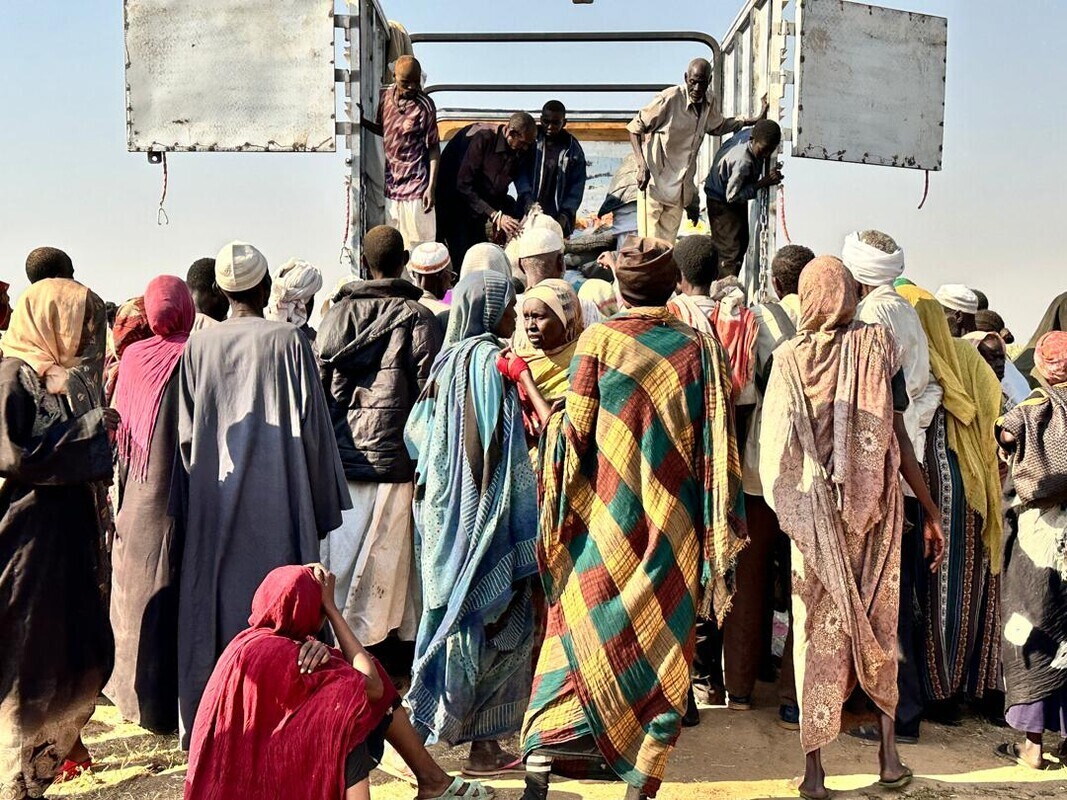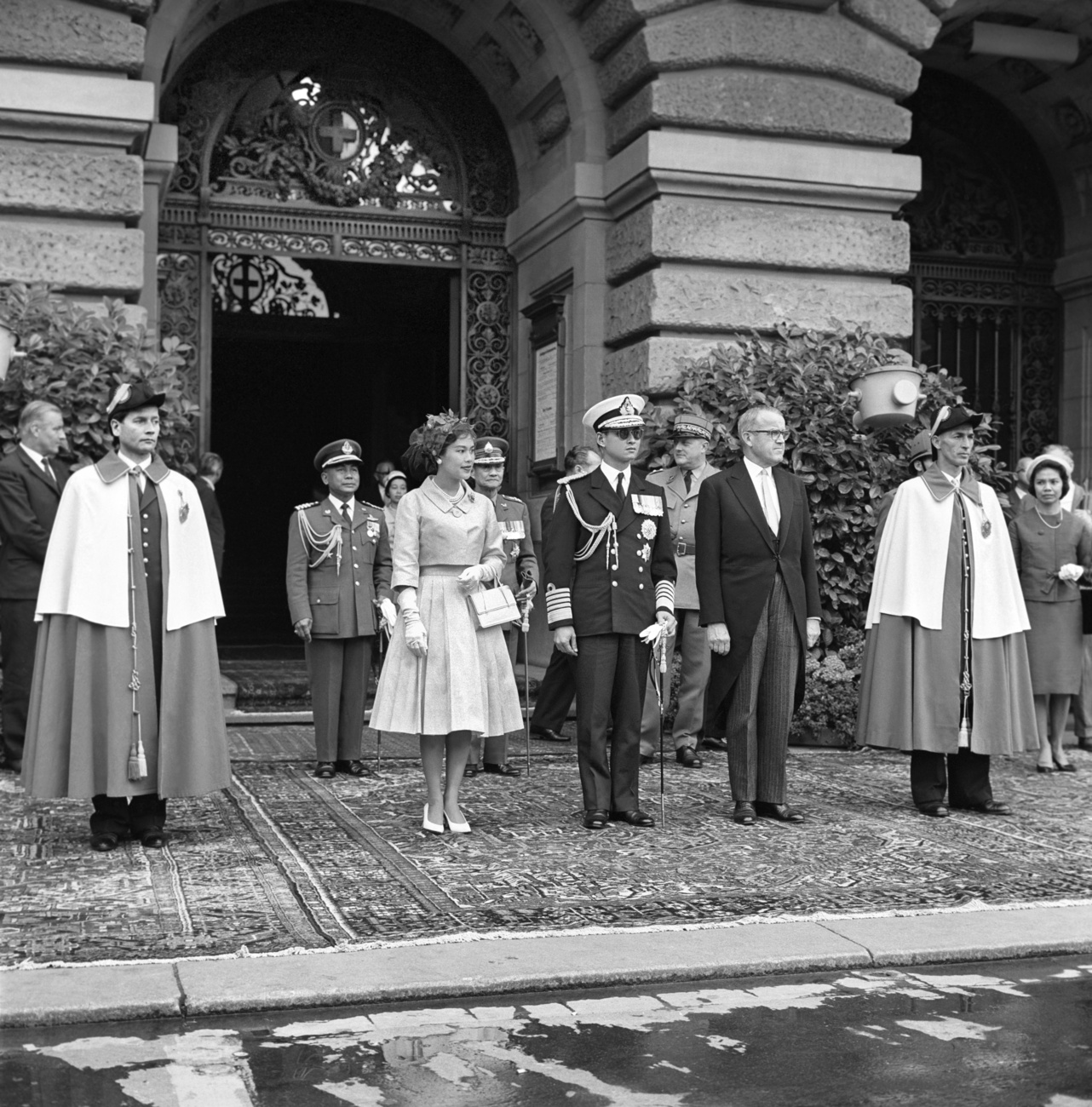
Beyond tariffs: how Switzerland turned trade talks into climate action with Mercosur

The Mercosur trade agreement recently signed by Switzerland includes commitments on environmental impact. These come on the back of increasing public scrutiny of free trade deals.
After eight years of talks, the deal between Mercosur and the EFTA countries was finalised this month. It eliminates tariffs on industrial products, food, and agricultural goods, including Swiss chocolate, while quietly imposing a geopolitical shift: Switzerland led the push for an environmental protocol to link the agreement to climate commitments, responding to growing pressure by consumers for socio-environmental responsibility.
The European Free Trade Association (EFTA) is made up of Iceland, Liechtenstein, Norway, and Switzerland; Mercosur is a regional union of five South American states – Argentina, Brazil, Paraguay, Uruguay, and Venezuela. Bolivia joined Mercosur only after the start of the trade talks and was thus not involved in negotiations.
Switzerland’s negotiation of the environmental protocol shows how the country, the largest economy in EFTA, tries to balance national interests and even shields its farmers from South American competition. On the Mercosur side, the Lula da Silva government in Brazil, the bloc’s largest economy, is leveraging bilateral deals during a period of confrontation with US President Donald Trump over tariffs while simultaneously leading a positive climate agenda.
Switzerland’s emphasis on the environmental protocol follows backlash from both politicians and farmers over potentially unfair competition from South American farmers – criticism that persists despite the government’s efforts to address these concerns during the negotiations.
“Switzerland systematically seeks to conclude trade agreements that promote sustainable growth both at home and in its partner countries,” the State Secretariat for Economic Affairs (SECO) told Swissinfo.
Duty-free chocolate and meat
EFTA and Mercosur concluded negotiations for a free trade deal in early July after 14 rounds of negotiations. The announcement opened access to a combined market of approximately 290 million consumers and a GDP of about $4.39 trillion (CHF3.51 trillion) in 2024, according to the blocs.
For Switzerland, the free trade agreement could generate customs savings of up to CHF160 million per year, according to SECO.
Beyond the headline figures, the agreement grants preferential access to the South American countries to strategic markets for agricultural exports. Products such as beef, pork, poultry, roasted coffee, and fruits, among others, will benefit from more favourable conditions to enter European markets.
In return, the European countries will be able to export high-value-added products – including pharmaceuticals, chemicals, and chocolate – free of tariffs and with reinforced intellectual property protections.
Forests under watch
Beyond tariff reductions, the agreement reflects the nuances of EFTA diplomacy, especially Swiss diplomacy, in pursuing agreements focused not only on product flows but also on environmental and social responsibility – a form of “climate diplomacy”.
Although the group is cohesive regarding the socio-environmental terms, Switzerland claims that it had pushed for these clauses, largely in response to domestic societal pressure.
“Switzerland is committed to including specific provisions governing the social and environmental aspects of trade whenever it negotiates new or updates existing free trade agreements,” stated SECO.
According to Manfred Elsig, professor of international relations at the World Trade Institute at the University of Bern, the inclusion of socio-environmental terms is a relatively new element in EFTA’s trade diplomacy, gaining traction since the 2021 Swiss agreement with Indonesia, which contained similar provisions. These came in response from organisations representing Swiss farmers.
“Since the Indonesia free-trade agreement [which entered into force in 2021], attention to these issues has increased. This trend can also be seen in trade agreements recently concluded with other developing countries, including Thailand. Certainly, we can expect the Swiss public to closely scrutinise the Mercosur deal and its environmental implications,” Elsig said.
The agreement with Merscosur, set to be signed later this year, reaffirms the sovereign right of countries to establish their own levels of environmental and labour protection, a regular feature of EFTA deals, seeking alignment with multilateral agreements such as the Paris Agreement, the Convention on Biological Diversity, and the fundamental conventions of the International Labour Organization.
The text, shaped by Swiss diplomacy, also includes commitments for Mercosur countries related to biodiversity conservation, sustainable agriculture, the promotion of women’s participation in international trade, and the recognition of traditional knowledge from local communities and indigenous peoples.
These terms establish, for example, that international digital service providers, companies that operate via computer networks, can only benefit from the Mercosur-EFTA agreement if their country’s electricity matrix uses at least 67% clean energy.
To ensure implementation, the treaty provides for cooperation, monitoring, and dialogue mechanisms focused on transparency and the prevention of arbitrary sanctions – a turning point for the importance of environmental clauses, which were often excluded when legal enforcement mechanisms were involved.
For Stefano Jud, postdoctoral researcher at the Wyss Academy for Nature at the University of Bern, the inclusion of environmental commitments also serves to ease domestic political tensions. “Swiss political parties that support the FTA used this clause as an important argument to counter concerns raised by opponents of the deal regarding Indonesia’s environmental impact,” he said.
According to Jud, with Indonesia, in the first agreement that included such terms, there was a clear political dispute that can be repeated now. “If a Mercosur FTA were put to a vote, I would expect a negative effect of this green backlash on support, amplified by the fact that Mercosur exporters compete directly with Swiss agriculture and are linked in the public mind to sensitive biomes such as the Amazon”.
Even as the government highlights the importance of the agreement’s environmental clauses to the Swiss foreign ministry, segments of Swiss society remain opposed to the deal.
The Green Party reiterated its opposition to the Mercosur agreement in an open letter. The document argues that expanding agricultural exports and liberalising trade in farm products are fuelling the rapid industrialisation of agriculture in Mercosur countries, with harmful consequences for the environment, local communities, and animal welfare. “More free trade in agriculture means more environmental destruction,” said Christine Badertscher, a Green Party parliamentarian.
More pressure awaits for the deal. The Swiss Farmers’ Association plans to conduct a thorough review of the agreement. If needed, it will call for additional safeguards. According to a statement to the Keystone-SDA news agency, the association aims to evaluate both the opportunities and risks the deal presents for Swiss agriculture.
On the other hand, the Swiss industrial association Swissmem welcomed the deal, saying it was a major victory for the entire economy. Swissmem also expects a swift approval process and reckons that taking the deal to a referendum would be an insult.
Moreover, according to Jud, even with the political wrangles, Switzerland can leverage its comparative advantage on higher environmental standards to safeguard its economy and bolster its international reputation, all under the banner of environmental governance.
“In this context, the sustainable development chapter acts as a safety net for Swiss farmers. It is a form of disguised protectionism under the pretext of sustainability. At the same time, there are provisions that help sway more cosmopolitan and urban voters concerned with the global environmental and social implications of agriculture and who support more sustainable food production systems,” Jud said.
Edited by Virginie Mangin/ac

More
Our weekly newsletter on geopolitics

In compliance with the JTI standards
More: SWI swissinfo.ch certified by the Journalism Trust Initiative































You can find an overview of ongoing debates with our journalists here . Please join us!
If you want to start a conversation about a topic raised in this article or want to report factual errors, email us at english@swissinfo.ch.